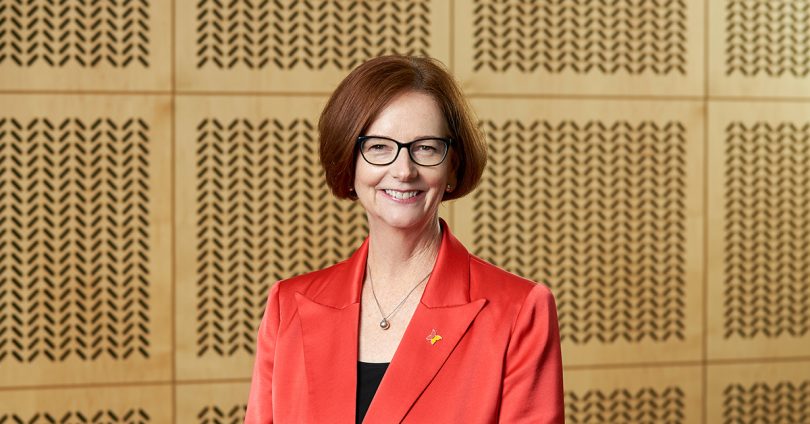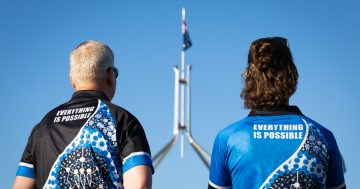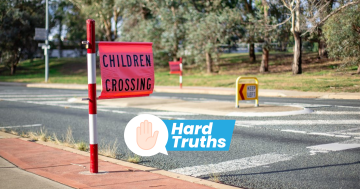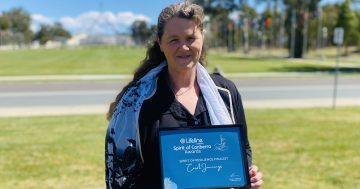
Former Prime Minister Julia Gillard was the keynote speaker at this year’s Menslink business breakfast. Photo: Supplied.
Former Prime Minister Julia Gillard didn’t grow up with a sense of shame and stigma about mental illness. Her father was a mental health professional and her own resilience is deeply grounded in her childhood, she told this year’s Menslink business breakfast.
“I grew up the daughter of a psychiatric nurse so I guess I had a special upbringing”, the Beyond Blue chair told 1000 virtual guests on Tuesday morning.
That laid strong foundations and at stressful times in her political career, she was always mindful of the need to be mentally and physically healthy.
“It was instilled in me from early on that you can talk about mental health, you can think about your own mental health, that something can be done if people are experiencing difficulty and this wasn’t something you had to hide away,” she said.
Building resilience in exceptionally challenging times was a key theme for the breakfast. Menslink CEO Martin Fisk said the needs had never been more urgent as already vulnerable boys, young men and their families, fall by the wayside and lose their networks of support.
Ms Gillard said 2020 had been Beyond Blue’s busiest year on record as the stress of COVID-19 exploded across a community where many were already damaged by the Black Summer fires and the young were likely to bear a disproportionate burden of the stress.
Since April 2020, more than one million people have visited the charity’s online forums seeking help and information, and demand has risen by more than 50 per cent. A very sizeable proportion of those are young people under 24 and there’s also been a significant spike in teachers seeking assistance for young people in their care.
But males represent only 33 per cent of contacts in that age group, although they are three to four times more likely to take their own life than females. In the ACT, 41 of the 53 suicides last year were male.
They are also significantly less likely to seek support and because of that, Ms Gillard said suicide prevention needs to happen at the grassroots level in families and workplaces as well as at the crisis point.
While children are generally resilient, the prolonged uncertainty and lack of socialisation, skill-based learning and social support throughout the pandemic significantly increase social distress.
“Some will be emotionally robust and others will really struggle”, Ms Gillard said.
“It is critical that we as leaders act swiftly and with purpose to help young people chart a path through these choppy waters…and offer them above all, hope”.
Employers could create mentally healthy workplaces that are safe places to talk about problems and offer flexible support. Ms Gillard also urged people to consider becoming a Menslink mentor or business partner and to share life wisdom.
“Having someone outside your family or friendship group to listen without judgement can be so powerful,” she said.
“Role modelling is incredibly important for young men in particular who have grown up believing that showing any form of emotion is a threat to their masculinity.
“It can be so empowering to have older men show through their own experience that you don’t have to be emotionally bulletproof to be a real man”, she said.
You can find out more about Menslink’s work here https://menslink.org.au/.





















